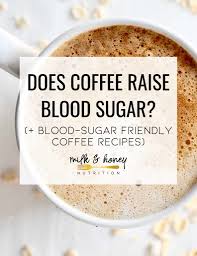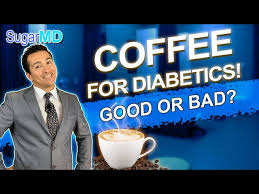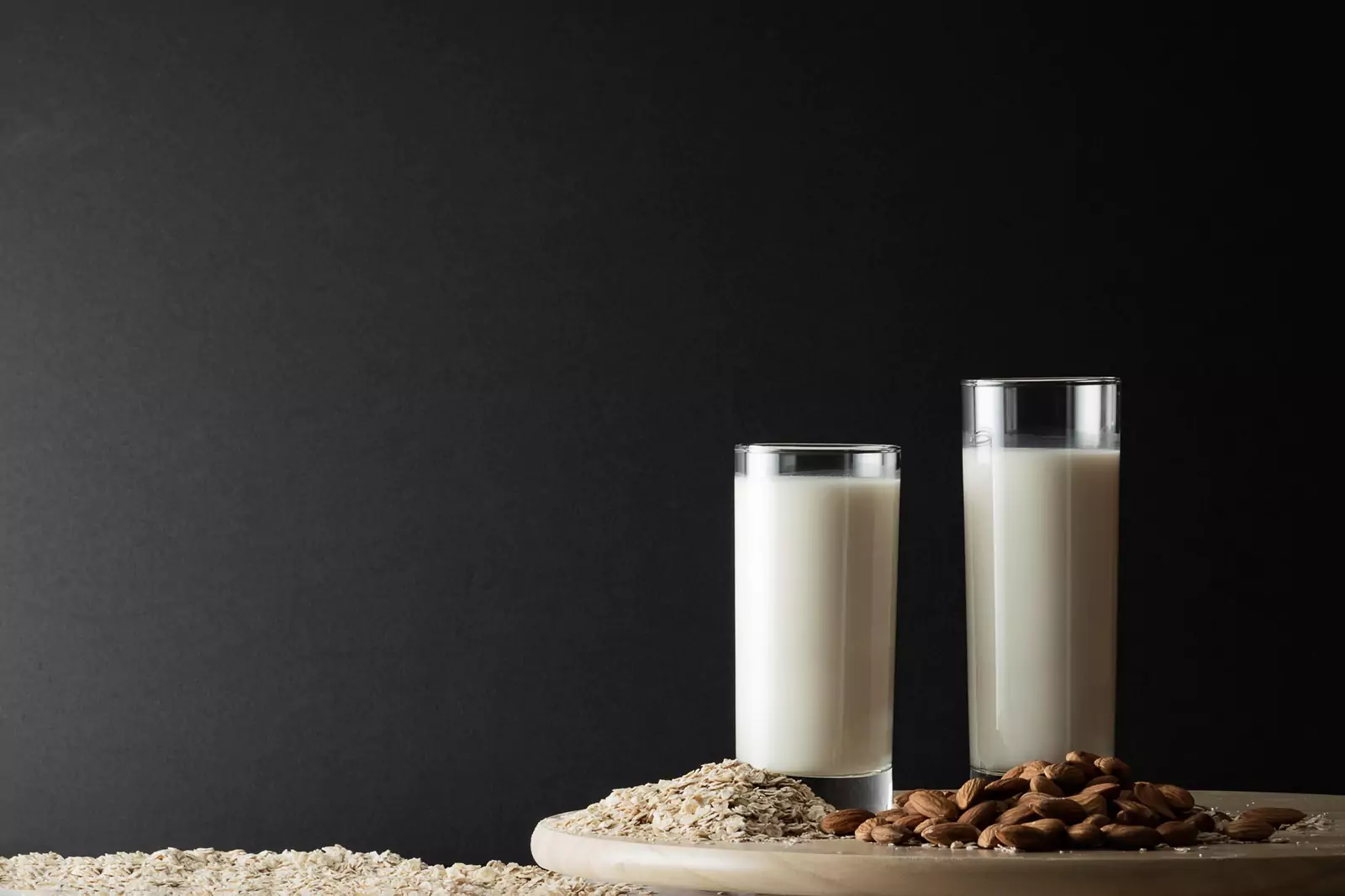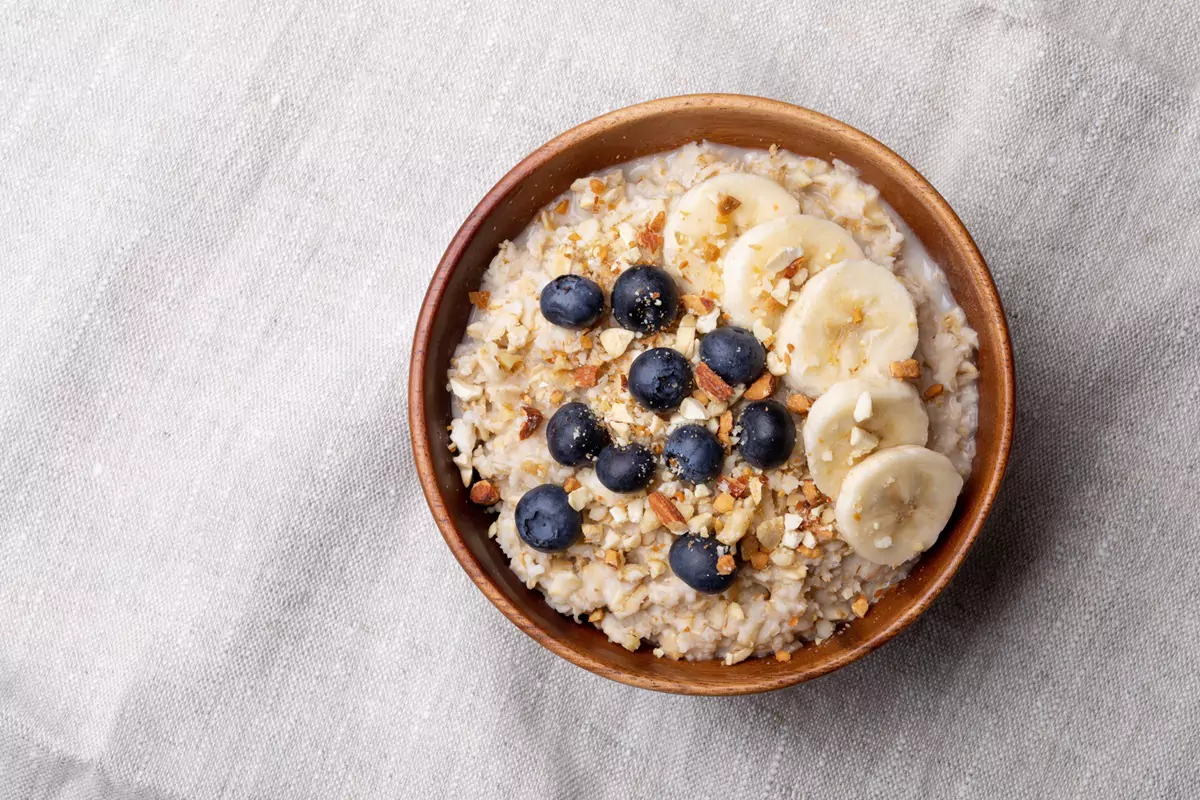
UP TO 40% OFF SITEWIDE






Can Diabetics Drink Coffee? Does it Raise Blood Sugar?


Table of Contents
- Coffee for Diabetics, Good or Bad- Does coffee raise Blood Sugar or NOT?
- Coffee reduces the risk of diabetes if you do not have diabetes already
- Can diabetics drink coffee without raising blood sugar?
- How does Coffee raise blood sugar if you have diabetes?
- Does Sugar or Coffee Creamer Raise Blood Sugar Levels of Diabetics?
- Why does coffee affect diabetic patients differently?
Coffee for Diabetics, Good or Bad- Does coffee raise Blood Sugar or NOT?
Coffee is not only a popular beverage. It has also become an essential part of our daily life. Every morning millions of people start their day with a cup of coffee. Can diabetics drink coffee as well? Its superb taste and pleasant aroma help people feel relaxed and more energetic including people with diabetes.
There are many health benefits linked with coffee. Coffee contains beneficial chemical compounds for cancer, liver infection, heart disease, and diabetes. Yet sometimes coffee raises blood sugar in some diabetics. Let's dive into it in this short blog post.
Coffee reduces the risk of diabetes if you do not have diabetes already
Glucose provides energy to our brain, tissues, and muscles. Diabetes is a disease that affects the processing of blood glucose. Insulin resistance is the main reason for type 2 diabetes. Insulin resistance can increase glucose accumulation in the bloodstream. Diabetic patients are unable to use blood glucose when insulin resistant.
This excess blood glucose causes severe damage to our bodies. If you are not diabetic moderate consumption of coffee may help reduce the risk of diabetes in the long term by reducing insulin resistance when consumed daily. That is because coffee contains vital antioxidants and nutrients that keep us healthy, and productive and lower the risk of diabetes. The situation is a little different after you develop diabetes.
Coffee is loaded with many beneficial nutrients and antioxidants. It contains caffeine, magnesium, chromium, hydrocinnamic acids, and polyphenols. Polyphenols consist of antioxidative properties and prevent harmful oxidation reactions. Antioxidants protect our body from aging, cancer, heart disease, and diabetes.
Caffeine is the primary stimulant of coffee. It is found in coffee beans and tea leaves. It reduces tiredness and mental stress and improves the activity of the (CNS) central nervous system. Studies show that caffeine blocks the toxic accumulation of an hIAPP (human islet amyloid polypeptide) protein that's responsible for diabetes. According to Harvard research, regular intake of coffee reduces the risk of diabetes.
Can diabetics drink coffee without raising blood sugar?
Foods and drinks directly affect blood glucose levels. That’s why food choices are really very important for diabetic people. Coffee affects different people differently. It may reduce the risk of diabetes in non-diabetic people. But it is harmful to diabetic people.
According to the report of the Food and Drug Administration (FDA), 4-5 cups (400 milligrams) of coffee per day are not harmful to a non-diabetic person. But only one cup of coffee (100 milligrams of caffeine) will spike up the blood sugar of a few but not all diabetic patients due to hormonal changes.
How does Coffee raise blood sugar if you have diabetes?

Does coffee raise blood sugar?
As we know caffeine is the main ingredient of coffee. It increases the levels of epinephrine, and cortisol and reduces insulin sensitivity. Insulin hormone is responsible for the conversion of blood glucose into energy. Lower insulin sensitivity causes blood sugar accumulation which further increases the risk of liver problems, nerve damage, and heart attack.
Does Sugar or Coffee Creamer Raise Blood Sugar Levels of Diabetics?
Dairy products, coffee sweeteners, flavors, creamers, and fatty foods can spike blood sugar levels. Coffee creamers and sweeteners contain saturated fats( causing insulin resistance) or actual sugars such as dextrose and maltodextrin in Splenda so they raise blood sugar levels. Regular consumption of sugary drinks, coffee with added tables sugar, sweeteners, or creamers increases the risk of type-2 diabetes or causes high blood sugar.
Why does coffee affect diabetic patients differently?

Can diabetics have creamer and sweetener in their coffee?
Some people complain that their blood sugar spikes up after drinking only one cup of coffee. But that does not happen to everybody. The answer to this problem is metabolism. Metabolism refers to the processes that occur in the body once the food is eaten.
If you metabolize the coffee fast, your body will be able to tolerate more and it will not spike your blood sugar. But if you are a slow metabolizer, the coffee intake will raise your blood glucose level. Bottom line If your blood sugar spikes after drinking coffee then you have to be careful.
Always consume a balanced diet and avoid products that contain saturated fat. Try reducing the amount of sugar and cream in your coffee. Add exercise to your daily routine. Exercise increases insulin sensitivity and reduces blood glucose. Ahmet Ergin, MD, FACE, CDCES, ECNU Endocrinologist, Diabetes Educator
☆ 𝘾𝙊𝙉𝙉𝙀𝘾𝙏 ☆
Facebook: https://www.facebook.com/sugarmdsonline/
Instagram: https://www.instagram.com/sugarmds/
Pinterest: https://www.pinterest.com/Sugarmds/_created/
Website: https://sugarmds.com
——————————————————————————
Download our app at the apple or google store by searching the SugarMDs app.
Ahmet Ergin, MD, is a specialist physician in endocrinology, diabetes, and metabolism. He is interested in preventive cardiology as well. He has been practicing for over 10 years, having seen over 30,000 patients in his career so far. He speaks science and is proud to educate his patients with real data rather than hearsay.
For collaboration requests please email me:ask@sugarmds.com
Disclaimer: Any information on diseases and treatments available at this channel is intended for general guidance only and must never be considered a substitute for the advice provided by your doctor or other qualified healthcare professional. Always seek the advice of your physician or other qualified healthcare professional with questions you may have regarding your medical condition.
Written By Dr. Ahmet Ergin
466 total articles
Meet Dr. Ahmet Ergin, a highly skilled and dedicated endocrinologist with a passion for diabetes care. Dr. Ergin earned his medical degree with honors from Marmara University in Istanbul. He completed internal medicine residency and endocrinology fellowship at Cleveland Clinic. Dr. Ergin is board-certified in Internal Medicine, Endocrinology, Diabetes, and Metabolism due to his vast medical expertise. He's a certified diabetes educator, author of “The Ultimate Diabetes Book,” and founder of “the SugarMD YouTube channel.” Dr. Ergin offers exceptional diabetes care to his patients in Port Saint Lucie, FL, helping them manage effectively. For a closer look into his insights and experiences, connect with Dr. Ahmet Ergin on LinkedIn, Instagram, and YouTube.”
Disclaimer: These statements have not been evaluated by the Food and Drug Administration. Information on this website isn't intended to treat, cure or prevent any disease. Discuss with your doctor and do not self-treat.
Products















